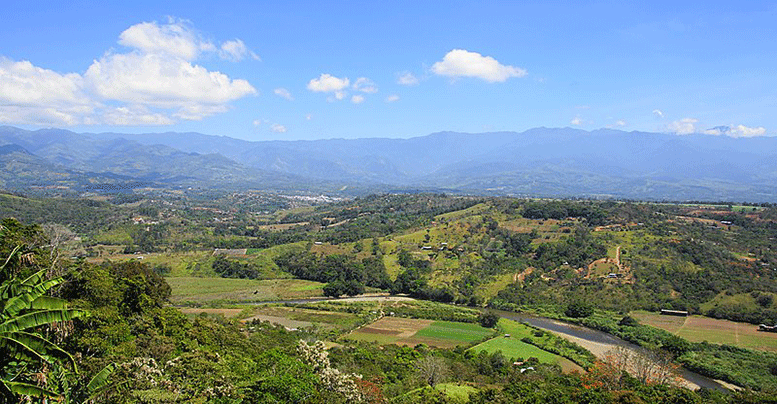One year after Costa Rica celebrated passage of a cannabis law, the hemp industry has been slow to get off the ground.
After the law passed in March 2022, agriculture and health authorities finally announced rules in September, and a first license was granted in November. But stakeholders say the rules still need changes and that hemp’s potential needs to be promoted among investors and farmers.
“The Costa Rican market has lost an important year that could have been used to attract investment, improve regulations, and promote the industry among businessmen and agriculture,” attorney Roy Thompson, President of the Costa Rican Hemp and Cannabis Council, told MENAFN – Costa Rica News. “What should be done is review, reform, modify and start from scratch again so that confidence in the regulation returns and with this the business climate improves.”
What’s in the rules
The regulations approved last autumn opened the way for licensing of individuals and businesses to grow and process hemp, and cover post-harvesting, storing, transporting, product manufacturing, marketing, and imports and exports of health, food and industrial products.
Importantly, Costa Rica’s rules set the limit for THC in hemp plants at a full 1.0%, meaning CBD production in the country can be more efficient because CBD rises in hemp plants in proportion to THC. Most countries around the world follow a generally accepted limit of 0.3% THC as the dividing line between hemp and marijuana.
Hemp farming and production licenses are intended to be inexpensive and widely available in Costa Rica, where industry advocates say robust cannabis sectors could spark the development of agricultural value chains in the country’s poor rural areas, and contribute to the growth of the pharmaceutical industry.
Export potential?
And while the Ministry of Agriculture and Livestock has said exports can be a significant driver of business, that potential still needs to be studied, specifically how the U.S. and Canadian markets – considered most logical destinations for Costa Rican cannabis products – behave.
Education about farming and processing is also needed, according to Thompson.
“Our country is at a very different stage now. One year ago, people were learning what hemp and cannabis were, and their benefits as a local and international industry,” Thompson said. “ But now the sectors interested in developing this market and being part of this industry . . . must know other concepts.”
Agriculture Minister Víctor Carvajal said seven additional hemp projects were under consideration for authorization when he signed off on the first hemp license last year.

